- 29 Posts
- 70 Comments

 4·2 days ago
4·2 days agoHMD has committed to only 2 Android upgrades and 3 years of security updates (just like their mid range Nokia series of smartphones they launch(ed)).

 2·22 days ago
2·22 days agoWhat is the benefit of an ultrasonic sensor over an optical one? Is the former even quicker to respond to input/touch?

 2·23 days ago
2·23 days agoI knew their update policy was bad, didn’t knew it was this bad.

 7·24 days ago
7·24 days agoMobvoi’s alternatives always boasted of much longer battery life than Pixel or Galaxy counterparts. The author moans about lack of Google Assistant support and wireless charging but honestly, significantly larger battery life is more than worth any Assistant.
Also, wireless charging might be more convenient but it generates a lot of wasted heat and my Galaxy Watch throttles when charging via WPC mechanism in high temperatures.
One valid criticism is the slow rate of upgrades that this company gives and it’s lesser international availability.

 3·25 days ago
3·25 days agoStock android experience is the exception, not the norm, sadly. Some manufactures like Motorola or HMD have a light touch and close to stock but other ones don’t. The worst offenders are Chinese brands who twist it so much and without much benefit(Atleast, Samsung’s ONE UI is customizable as heck, can’t say the same for Realme’s).

 7·1 month ago
7·1 month agoTrue, even Samsung budgets still have the 3.5 mm jack. I guess Motorola really wishes folks to purchase their wireless options.

 1·1 month ago
1·1 month agoHardly any proper compact phones are released now. Even Asus has switched to larger sized models with its newer Zenfone series.

 12·1 month ago
12·1 month agodeleted by creator

 4·1 month ago
4·1 month agoPixel 9 isn’t aimed at Pixel 8 or even 7 users. These 2 phones are still very much in software support period and have a decent hardware so as not to upgrade per year. Pixel 9 is aimed at gaining either new users or upgrading very old Pixel users.
Still, two problems persist, the phone still somewhat gets hot and charging is still on the slower side. Even Samsung has jumped on 45 W bandwagon, not to mention Chinese OEMs which can recharge more than twice as fast.
Upto 6000mAh battery is common. Some Oneplus phones have upto 5500 mAh, Samsung budget series have an option upto 6000mAh. And of course, Chinese OEMs do offer tons of phones in that range.
Now, what is interesting is that phones above 6000mAh are rare. Whilst there is the occasional power bank attached phone that weighs half a kilo and has five digits battery life; the most I have seen is a Techno phone going upto 7000mAh.
Huawei has a custom OS but it does most of the stuff including all health/sleep tracking features and music playback. Sure, their app ecosystem sucks but honestly, even Wear OS is pitiable(when compared to something mature like Watch OS).
Silicon Carbon battery, IIRC, can pack higher energy densities than comparative Li-on batteries, though it is not a very significant difference as of now.
The 45mm GW3 had 340mAh battery, which was a downgrade from 472mAh battery on the original Galaxy Watch. The review at GSM Arena mentioned that the 45mm variant of the original Galaxy Watch yielded 2.5 days under moderate use. Samsung’s quoted time is/was longer though that might be under ideal conditions.
I personally used only 4 and 6. Whilst the latter has a bigger battery owing to the larger size and plows through almost 2 days with AOD on(hardly any notifications or continuous Hr though), the 40mm GW 4 barely crawled a day for me.
My first purchase GW4 40mm was very hastily done. I mainly wanted a watch that could stream music independently and was under the assumption that only Wear OS watches were capable of that(on the Android side). Couple that with the high initial cost of Garmin, and I overlooked it. But it is a mess if you have to put a watch on a charging Puck for 2 hrs daily(that only had 5W wireless charging).
Unless Wear OS really changes it’s direction in the next few years(and I hope my relatively newer GW 6 Atleast lasts for 3 years), I would be looking for a Garmin as well.
Yes, Wear OS is still behind Apple’s Watch OS, which essentially is the market leader(despite their watches sometimes having even shorter battery life).
The original Pixel Watch barely lasted for a day for most users with AOD on. Atleast, the newer ones come in different size options(the larger one has a bigger battery) plus LTPO display. Still it is only a 2 day watch; not anywhere close to Fitbit or Garmin.
And Samsung’s implementation sucks even more. The insistence on using wireless charging baffles me considering that it loses so much power as heat. Rival devices like Oneplus and even Pixel Watch charge faster(in other territory, Huawei’s watch uses silicon carbon battery, lasts thrice as long and charges twice as fast).
Not to mention, in summers, the wireless Puck heats up more than a Pixel and throttles itself to the point where one has to point a fan in that direction.
I have a question from this article not directly linked to this phone though. In the charging section, they have compared multiple phones and how much they charge in 30 minutes. The top slot is occupied by a Samsung phone with 45W charging support and 4900 mAh battery. However, Motorola and Xiaomi both have almost similar battery capacity and still charge slightly slower despite boasting significantly more (67W) charging support. What is the reason for this discrepancy?
How else are they gonna sell you their Galaxy Buds? Except for entry level Samsung phones, they don’t exist in this company 's lineup.
Amongst other manufacturers, Sony offers it but makes fewer devices per year and offers bad software support. Even companies like Motorola and Nothing prefer folks buy their MotoBuds and Nothing Ear respectively.

 1·2 months ago
1·2 months agoYes, Samsung tends to load a lot of apps, sometimes almost duplicate variants of Google apps that do the same task.

 3·2 months ago
3·2 months agoYes, I was referring to HTC Thunderbolt from the article. My current phone itself has relatively low battery life and it annoys me. One would have needed to charge the Thunderbolt phone probably twice a day
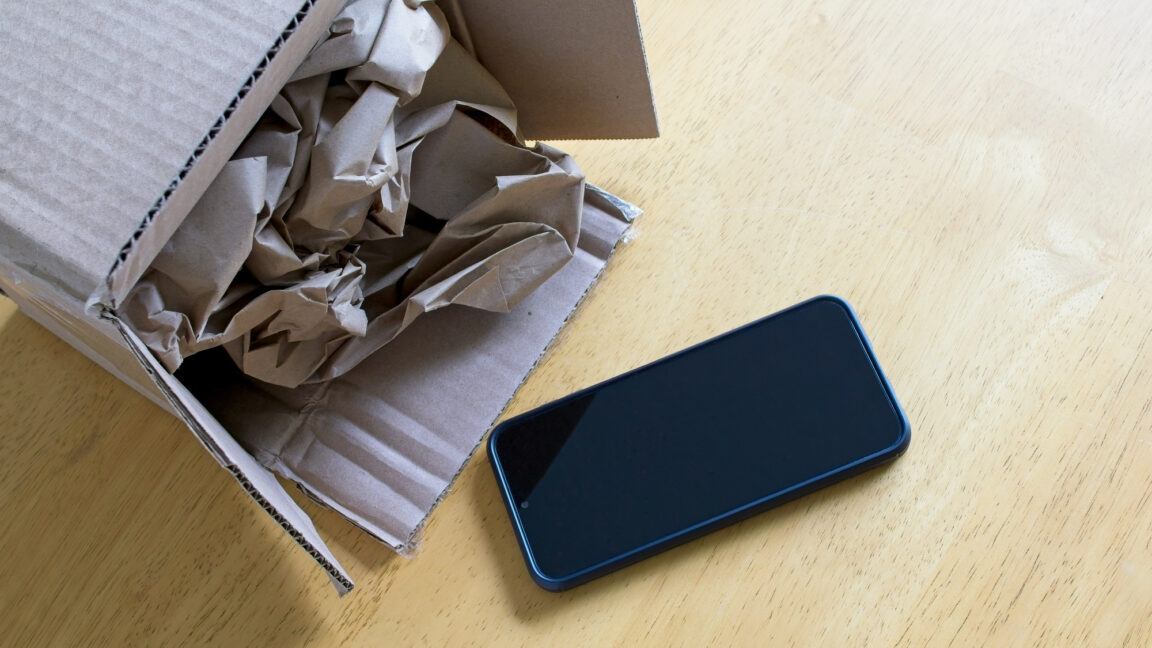
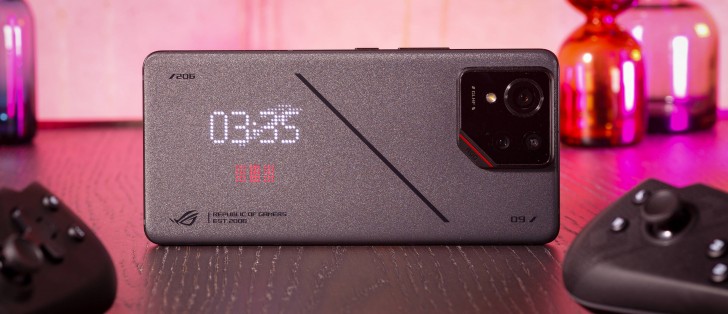
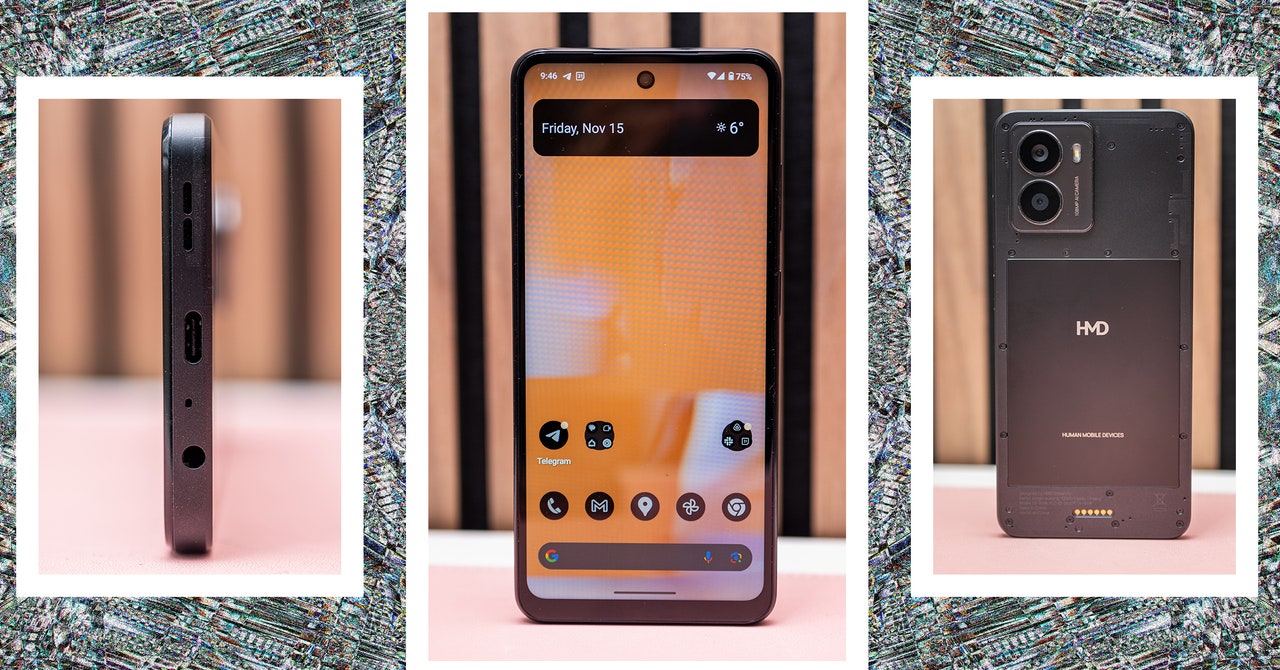
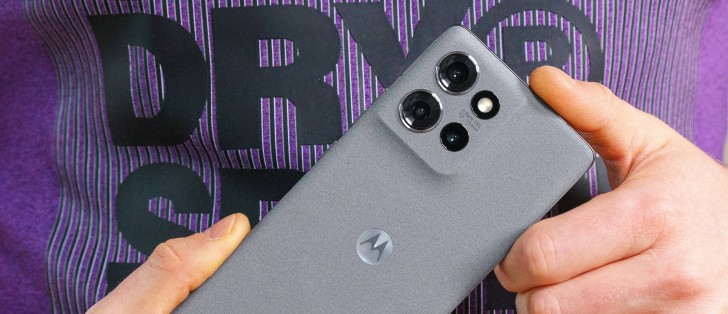
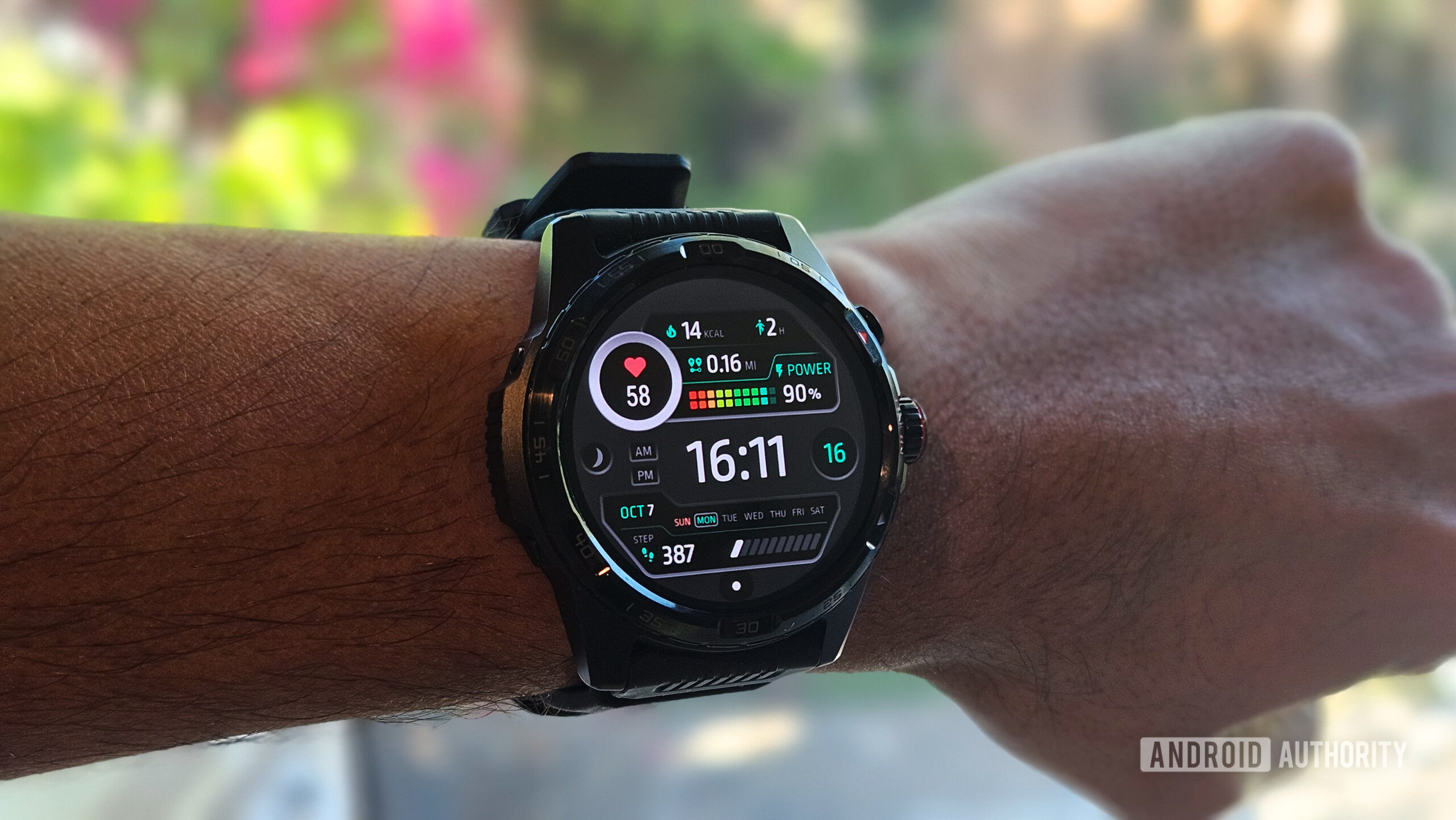

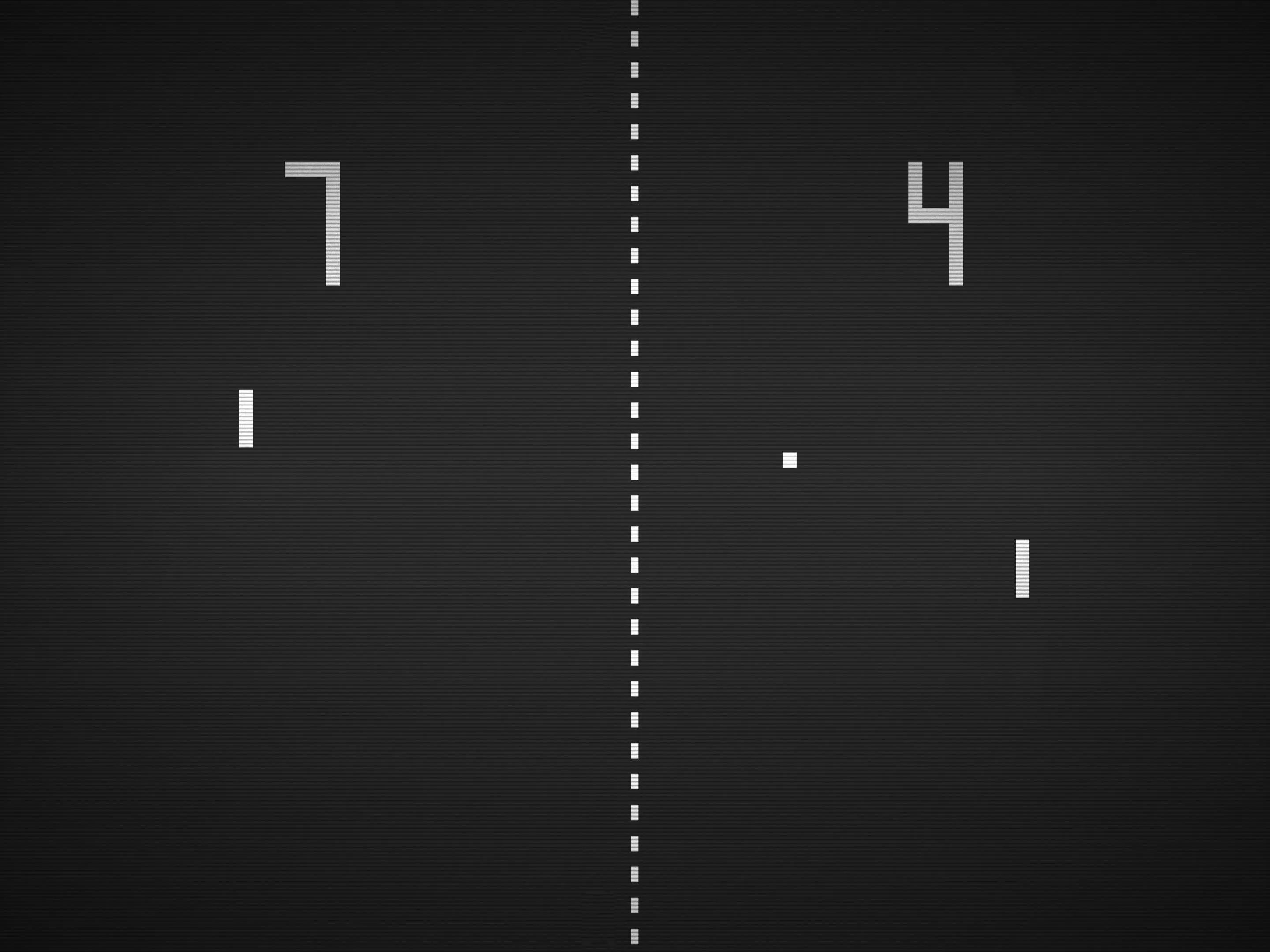
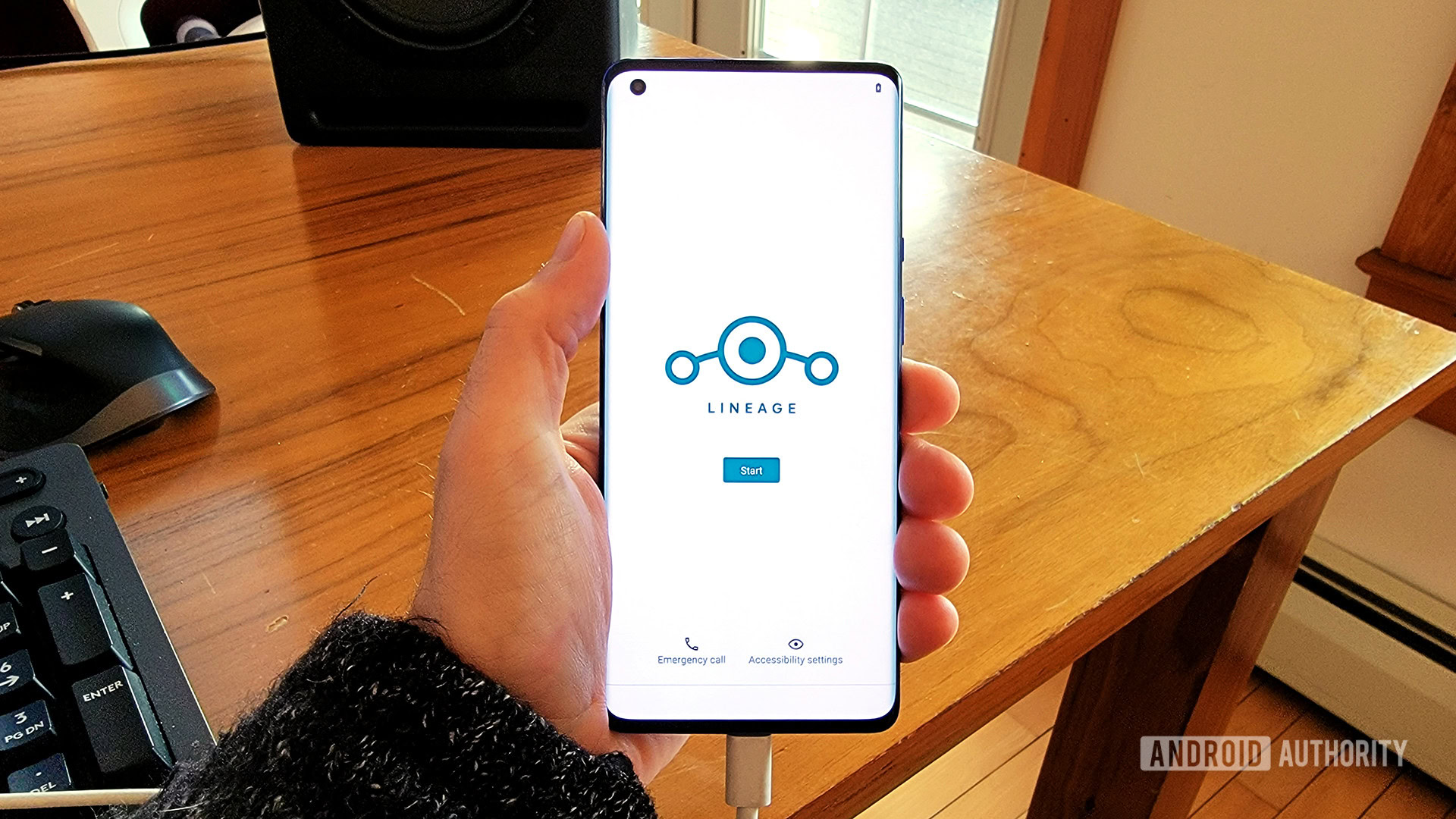
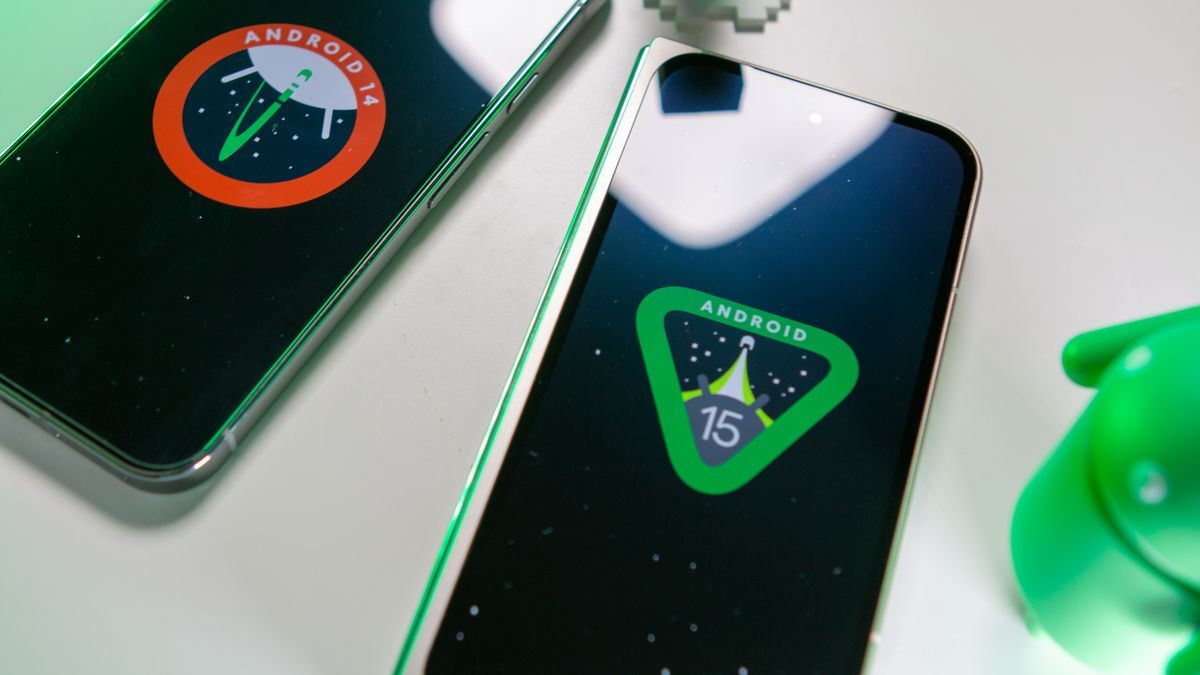
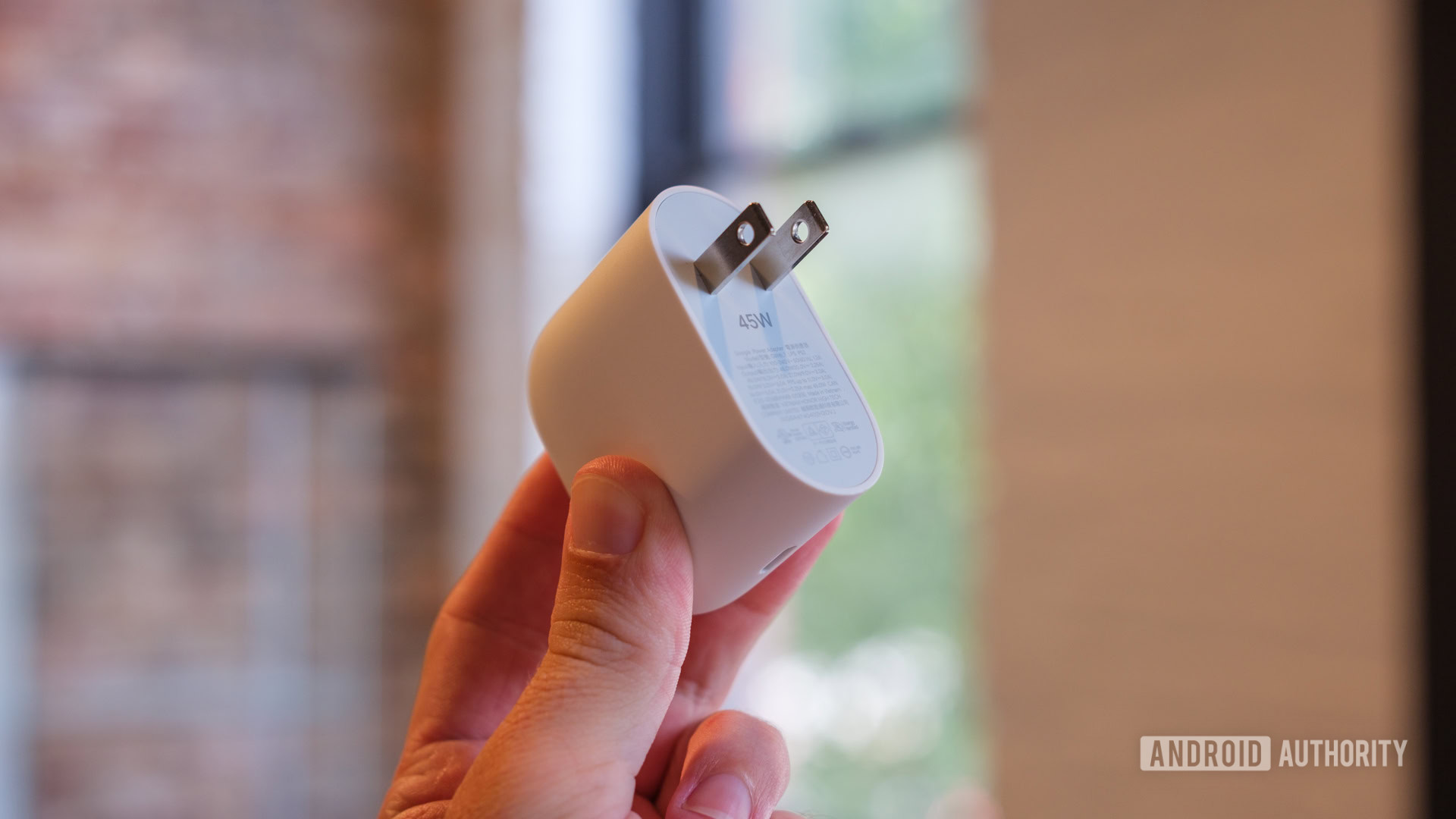
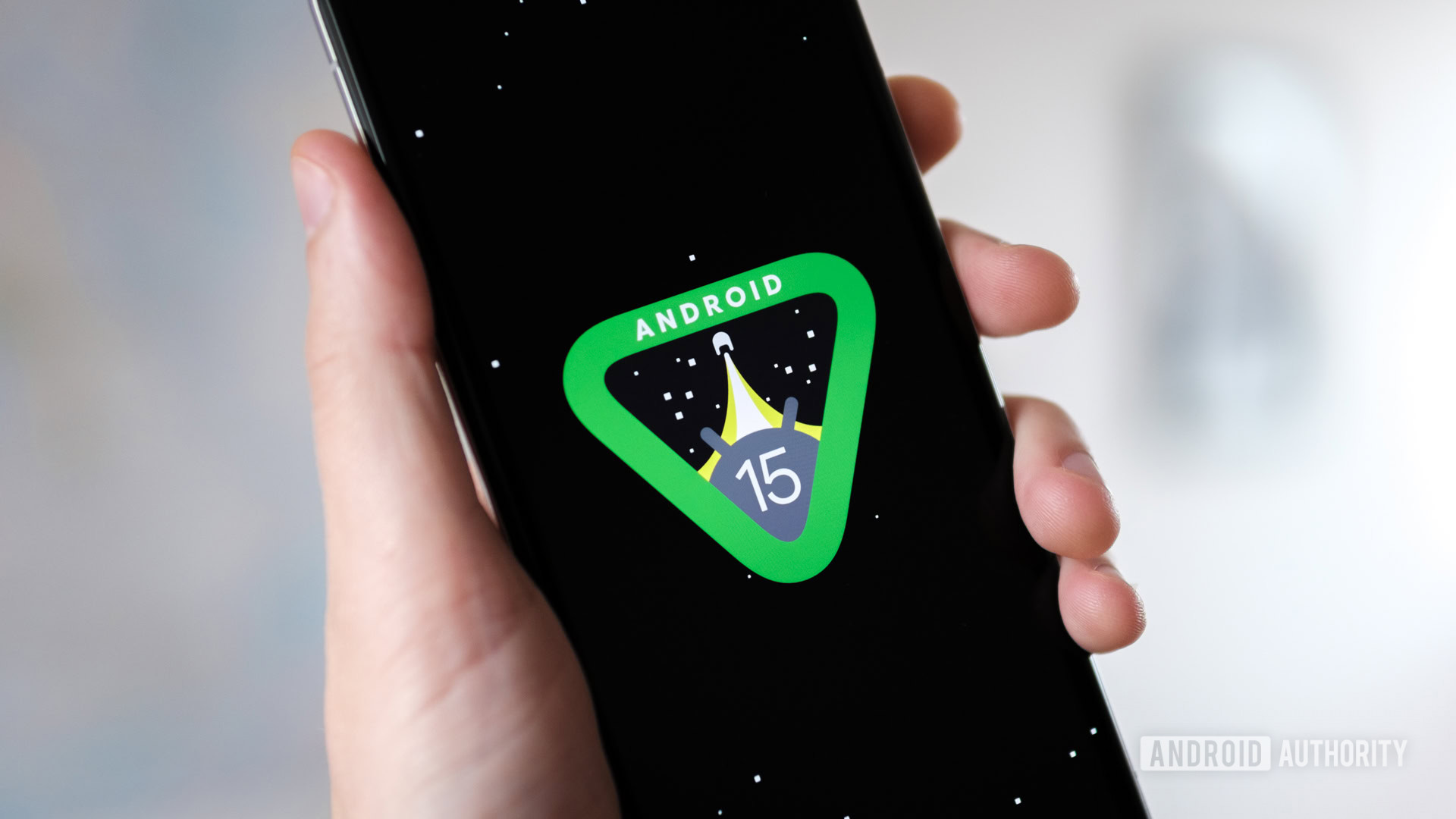
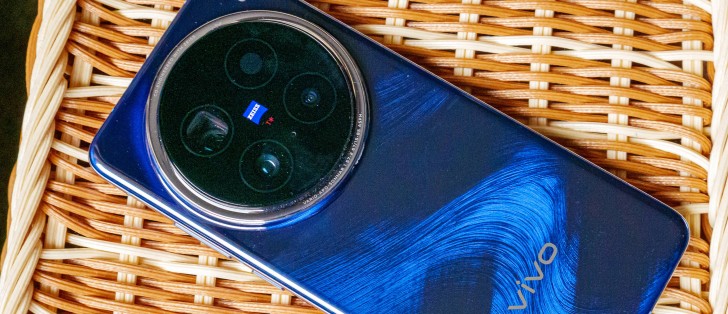
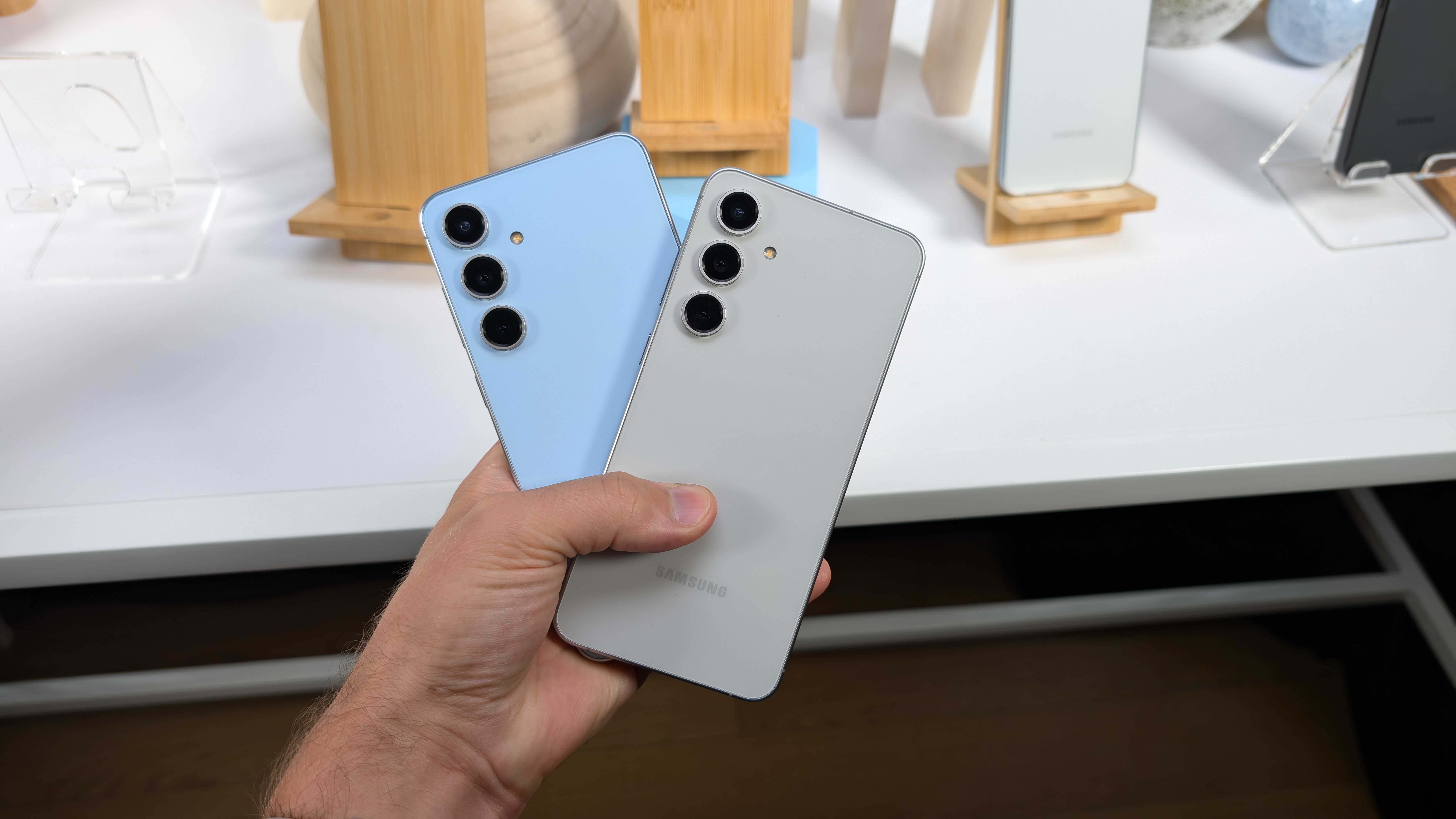
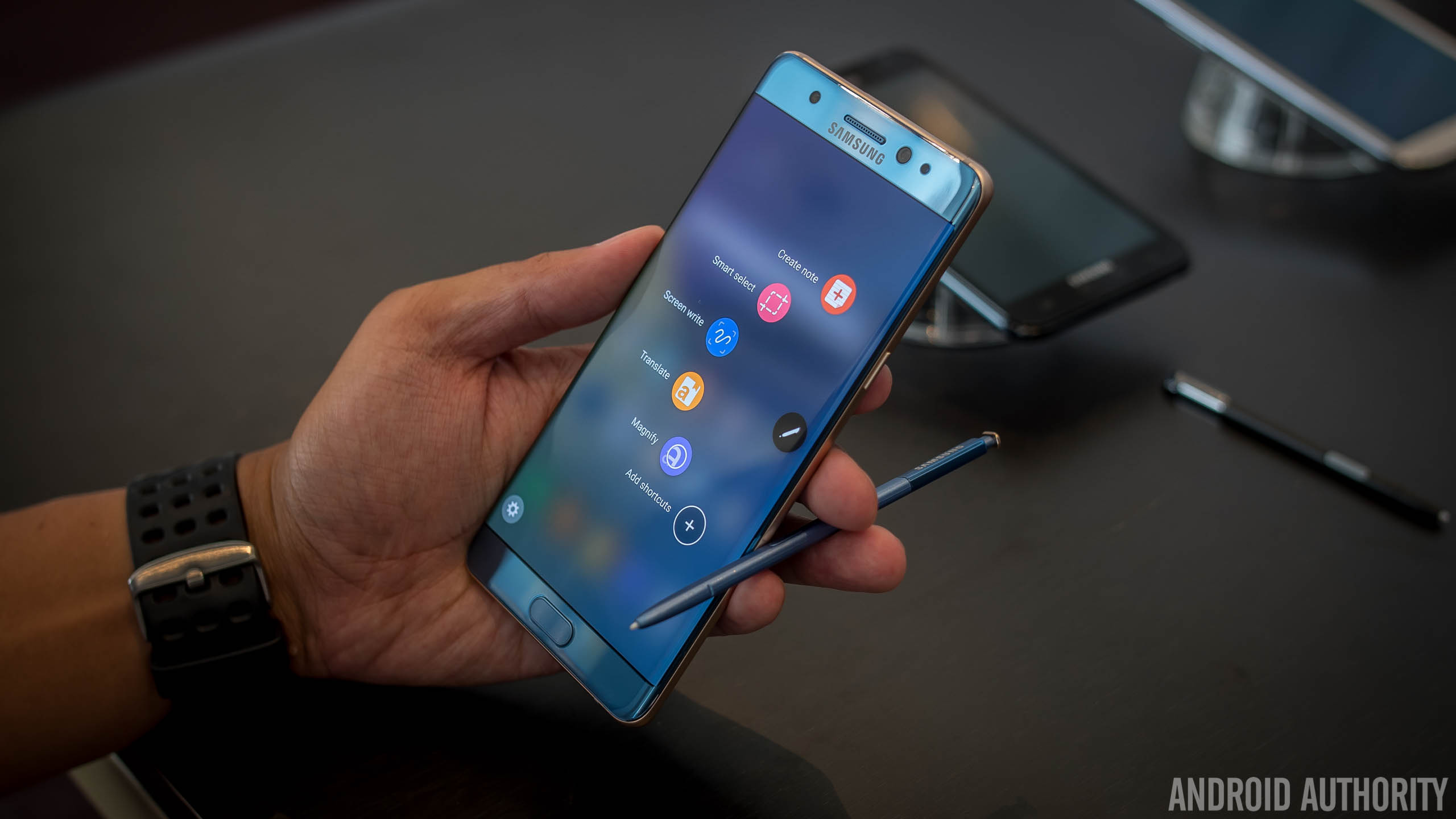
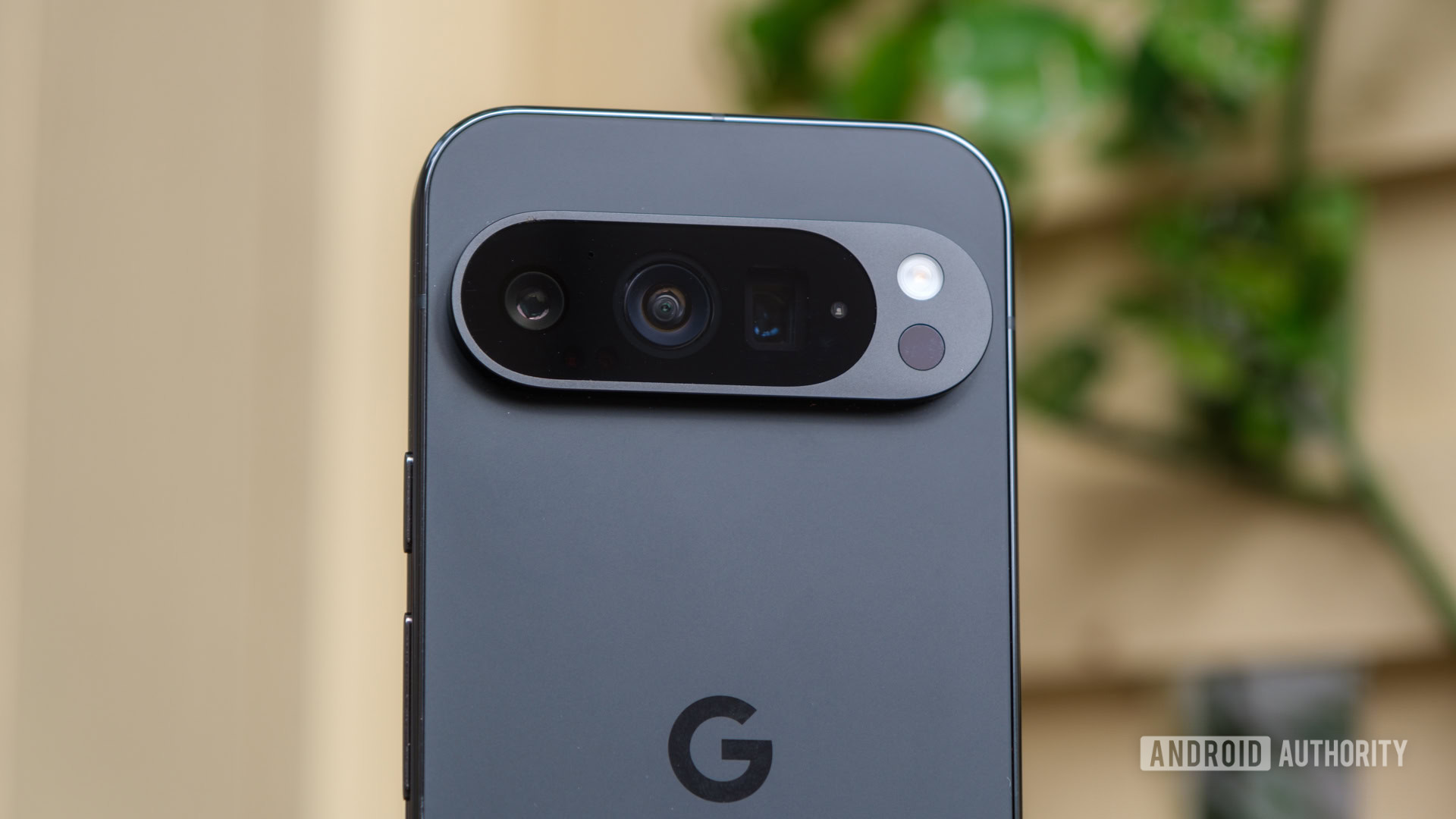
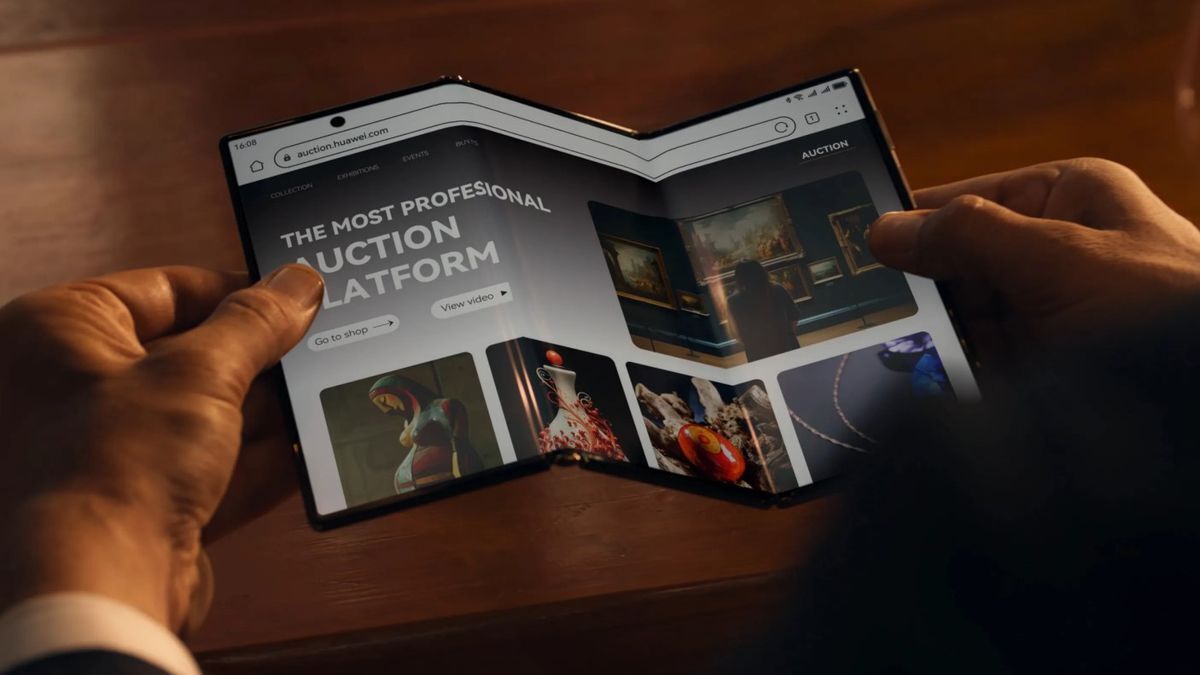
Yes, it has a 3.5mm jack.